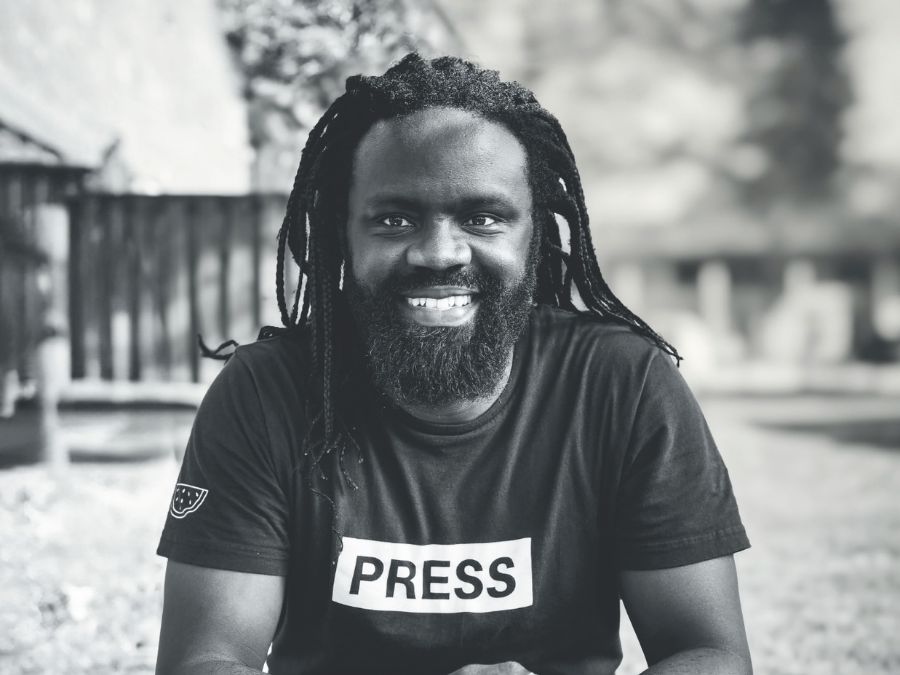Moses Latigo Odida is a Ugandan-born, Ontario-based filmmaker and researcher. In his eight-part documentary series, Down: Canada’s Black Caregivers, he travels across the country to capture the strength and struggles of Black caregivers.
Meaning Down, the title of the series, alludes to my daughter being born with Down syndrome and is one of the best descriptions of how I felt about being a caregiver at the time. Temperamentally, I felt down due to the challenges I was beset by. Down is also a hint at the attitude that Black caregivers have towards the people we love. Come what may, I’m down for the journey. I’m down for the responsibility.
You may unsubscribe from any of our newsletters at any time.
Challenges Any caregiver feels a sense of isolation, but there are aspects of this isolation that are unique to being Black. Culturally, there is a strong element of shame associated with disability because we don’t have well-developed categories for understanding, discussing and interacting with disability. We then fill those gaps with dehumanizing assumptions that can alienate people with disabilities. There are also unique life experiences that Black people in Canada encounter, like lack of access to services and resources that facilitate a healthy and vibrant quality of life. If you have a disability or are the caregiver to someone with a disability, it complicates this dynamic. Black caregivers confront the expectation that the person with a disability bears the responsibility to conform to society as it is, instead of everyone looking out for each other. The caregivers I spoke with lamented that they and their loved ones felt abandoned.
More on Broadview:
- Your beginner’s guide to living out reconciliation – one week at at time
- Why the sun still inspires awe
- My company cut DEI. Do I stay?
Community I grew up in a culture that is very oriented to the collective. Your well-being is tied to mine. The African principle of Ubuntu — I am because we are — is a clarion call for everyone to feel a shared responsibility to the human experience. Black caregivers must think about the welfare of our loved ones as a collective effort. We must invite others in. We must see people as fully human and advocate for them. What we believe about each other informs how we treat one another.
Message I hope people will learn about the experiences of Canada’s Black caregivers. Education is the first step to breaking some of the barriers. Listen and try to situate yourself in the story because you’re a part of it. Then see how you can advocate. Share the stories. Understand, empathize and get to know people. Black caregivers: you are not alone. I’m proud of you. Your sacrifice, love and commitment are unfathomable. We have the privilege of being caregivers to God’s beautiful Creation.
***
This interview has been edited and condensed for clarity. It first appeared in Broadview’s September/October 2025 issue.
Jumol Royes is an integrated communications strategist, freelance writer, poet and storyteller in Ottawa, Ont.












